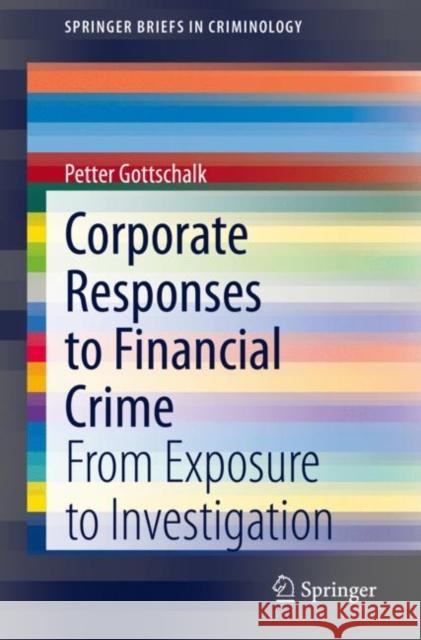Corporate Responses to Financial Crime: From Exposure to Investigation » książka
topmenu
Corporate Responses to Financial Crime: From Exposure to Investigation
ISBN-13: 9783030514518 / Angielski / Miękka / 2020 / 144 str.
Kategorie:
Kategorie BISAC:
Wydawca:
Springer
Seria wydawnicza:
Język:
Angielski
ISBN-13:
9783030514518
Rok wydania:
2020
Wydanie:
2020
Numer serii:
000437962
Ilość stron:
144
Waga:
0.23 kg
Wymiary:
23.39 x 15.6 x 0.84
Oprawa:
Miękka
Wolumenów:
01
Dodatkowe informacje:
Wydanie ilustrowane











